Sustainability (junior)
Where can I find information about sustainability?
(Years 5-8)
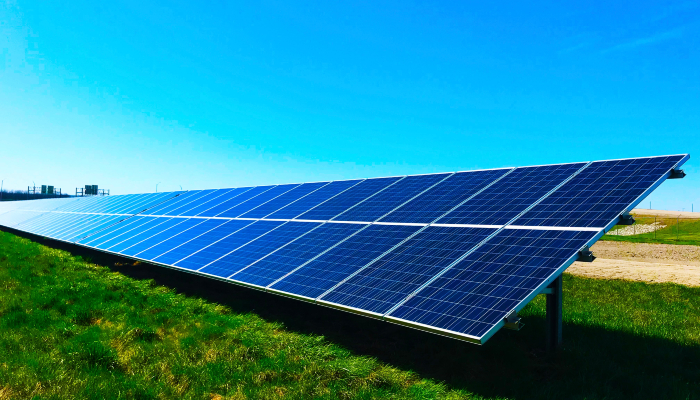
Image: blue solar panel by chelseadeeyo from Unsplash.
Entry last updated: 25/09/25
Introduction
Sustainability is a way of living, which means meeting our needs without using up all the resources that future generations will need. Sustainable energy, food, and natural resources are examples of what we can keep using without it running out. Today, the word sustainability also means looking after our planet so that people, animals, plants and ecosystems can survive into the future.
What is sustainability?
These sites have information about sustainability and what it is.
Britannica School is part of the EPIC databases, and a great place to start for all sorts of topics. EPIC is put together especially for New Zealand school students and helps to answer questions like this.
We suggest starting with Primary.
You can always change your level to get more information by choosing from the Reading level at the top of the page.
Search using the keyword 'sustainability'.
Go to the link sustainability for information about sustainable industries, facts about how to live a sustainable lifestyle, and biodiversity.
Tips: To use the EPIC resources, you need a password from your school librarian. Or chat with one of our AnyQuestions librarians to help you online. Some EPIC databases may also be available through your public library.
Sustainable energy
Sustainable energy comes from natural, renewable sources like sunlight (solar energy), water (hydro energy), earth (geothermal energy), and wind (wind energy). These sources are sustainable because there is no risk of them running out. The websites below will explain more about these sources.
Te Ara: The Encyclopedia of New Zealand
Te Ara is an excellent starting point for all questions about Aotearoa New Zealand. If we scroll down to the bottom of the page we can see that the website belongs to the Ministry for Culture & Heritage, so the information is well-researched and reliable.
There are two places to look for facts about sustainable energy in New Zealand.
Go to Topics and choose Energy.
From the list choose the story Energy supply and use to find how New Zealand makes and uses energy, including renewable energy.
Next, from the Energy list, read the story on Hydroelectricity.
This is about how hydropower works, and how it affects the environment.
Or choose stories about other forms of renewable energy such as Geothermal energy and Wind and solar power.
This website has heaps of kid-friendly videos that have been chosen by teachers and parents.
Try a search for 'renewable energy'.
Watch the video called Geothermal energy in Iceland.
Or search for 'wind energy' to watch a cool video that answers the question How do wind turbines work?
Tips: Websites that have .com or .co in the address can have good information, but you need to assess how reliable it is. Check the About us link on the website, if you can find one. That can tell you what the company’s mission and values are.
This site has a range of easy to read articles, diagrams and images on history, biography, geography, science and sport.
Select Science.
Then find Environment.
Look down the page to find an explanation of Renewable Energy, and its different types like wind power, solar energy, wave and tidal power, geothermal power and biomass energy.
Nature and climate
Have a look at these websites to find out how living a sustainable life will help stop pollution, global warming, and climate change.
This website from NASA (National Aeronautics and Space Administration) is all about climate change and a range of science topics. Explore each of them to find out the results of not living sustainably.
Weather & Climate has information about climate change.
Atmosphere explains the greenhouse effect.
Energy links to causes of air pollution and urban heat islands.
Tips: We like sites that are from government or other reputable organisations, because we can trust the information. You can sometimes tell these sites by their web address – they might have .gov or .edu in their address – or by looking at their About us or Contact pages.
This website helps explain lots of different questions about topics, including why we need to look after our planet and different ways we can do that.
Choose the A-Z Index along the top of the page.
Then choose Environment.
Have a look at the sections on environmentalism, global warming, renewable energy, and recycling.
Tips: Some websites have advertisements (or ads) which ask us to buy something or tell us to ‘click here’. It’s best to ignore these ads and focus on the information we’re looking for.
Te Ara: The Encyclopedia of New Zealand
Te Ara also has a section all about how climate change affects New Zealand.
Go to Topics and choose Climate and weather.
This will have a range of climate topics.
Now choose Climate change.
Books
There are heaps of books around about different aspects of sustainability. Have a look at some of these or ask your school or local librarian for more ideas.
The stuff we buy by Georgia Amson-Bradshaw
Making our food sustainable by Paul Mason
Living in a sustainable way: green communities by Megan Kopp
Renewable resources and you by Nicholas Faulkner and Jeanne Nagle
Eco-cities by Nancy Dickmann.
SCIS no: 5368753
Topics covered
Related content
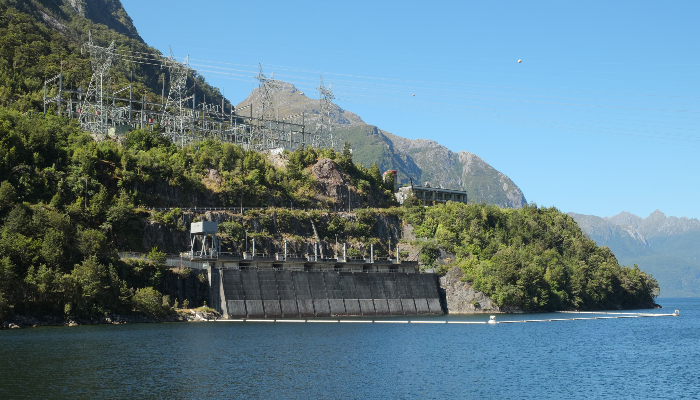
Renewable energy (junior)
Where can I find information about renewable energy?
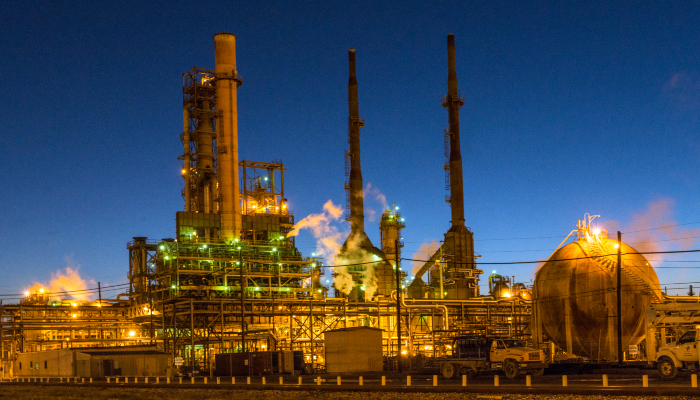
Oil and gas (fossil fuels)
Where can I find information about oil and gas (fossil fuels)?
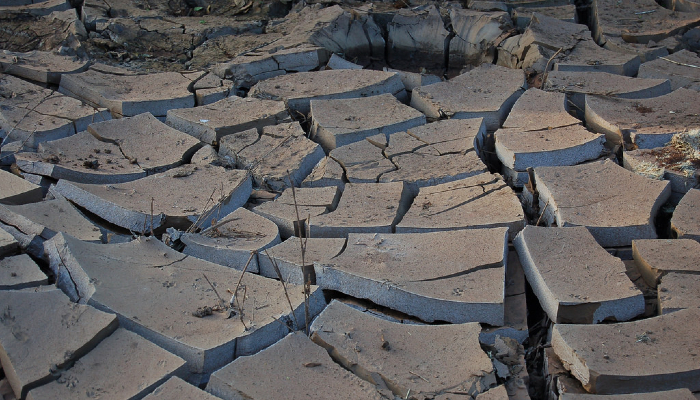
Climate change
Where can I find information about climate change?
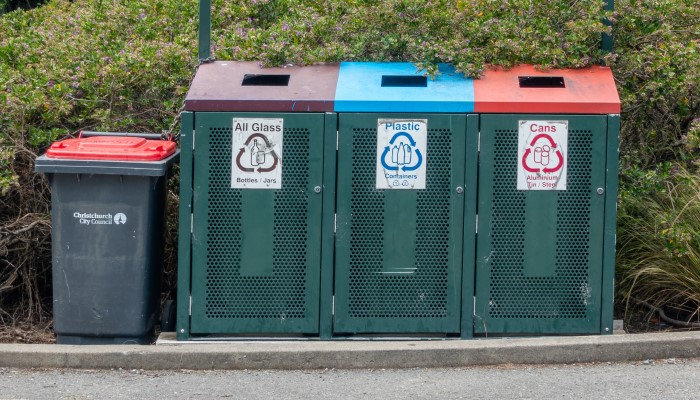
Recycling
Where can I find information and tips about recycling?
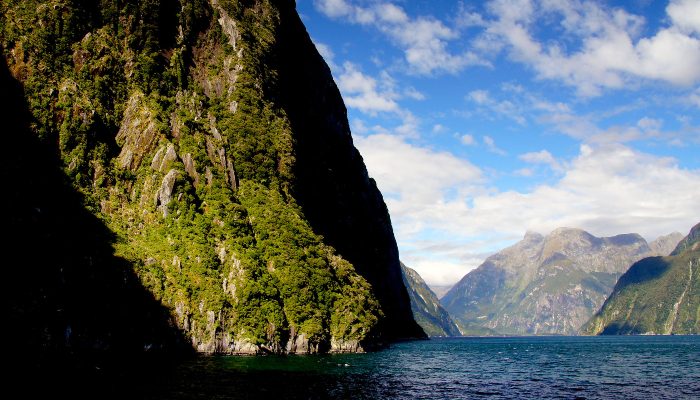
Conservation (NZ)
Where can I find information about conserving the natural environment in New Zealand?
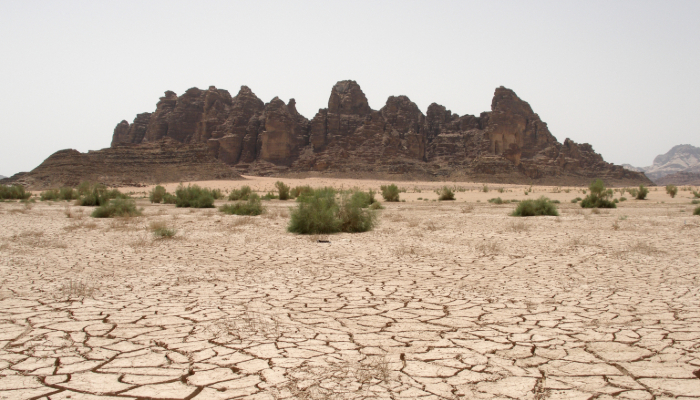
Global warming
Where can I find information about global warming?
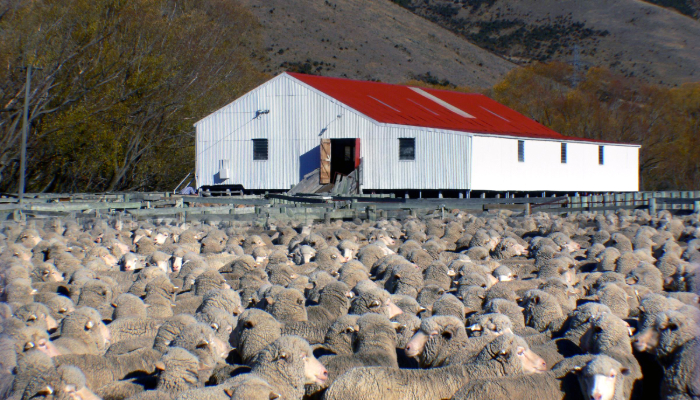
Farming (New Zealand)
Where can I find information about farming in New Zealand?
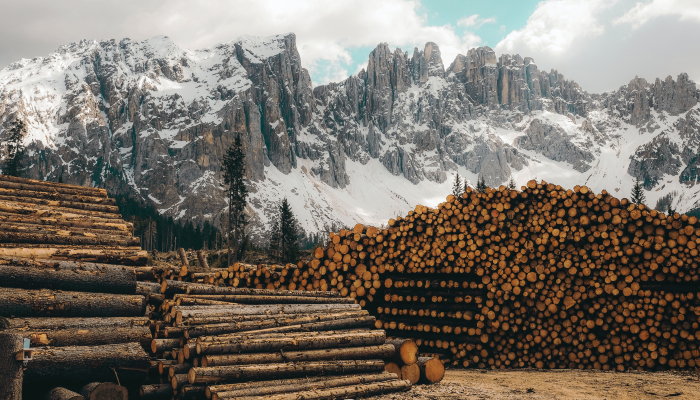
Deforestation
Where can I find information about deforestation?
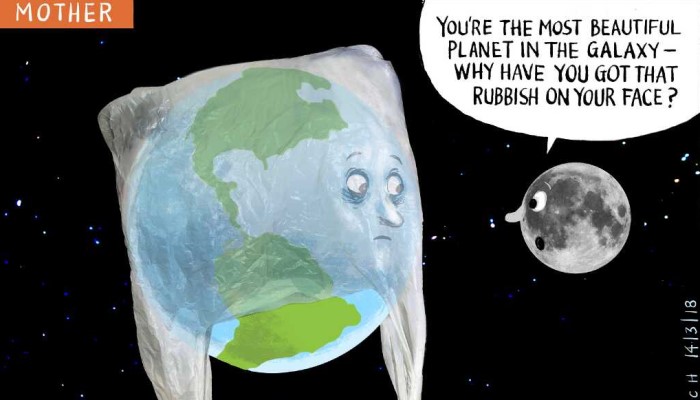
Recycling and reducing waste
Discover resources related to recycling and reducing waste.
